Immediate Self-Care
As an administrator or educator it can feel overwhelming when you know a colleague is experiencing acute stress. Since you can’t handle this on your own, it’s good to have some go-to resources prepared.
While using our recommended preventative self-care resources will best equip you and your colleagues with essential next steps when severe stress, trauma, or crisis is encountered, there are several immediate self-care steps we can take to restore balance to our lives.
Immediate Self-Care Strategies for Dealing with Stress, Trauma and Crisis
- Stay away from mood-altering substances, including drugs and alcohol
- Eat well-balanced meals
- Give yourself permission to feel bad–schedule it in your day
- Give yourself permission to feel good
- If possible, put off major life decisions
- Structure your time and develop a routine
- Take breaks from periods of isolation
- Give yourself permission to do something that could feel good to you
- Exercise–even a little bit
- Engage in practices that are meaningful to you such as prayer, walking in the woods, sitting quietly, reading inspirational material, taking a bath, or writing in a journal
- Get plenty of rest so that you feel rested and relaxed Practice stress reduction techniques such as deep breathing, meditation and visualization
- Let yourself cry
- Make small decisions daily to get control of your life back
- Give yourself permission to focus on someone outside yourself
- Lower expectations on what you think you “should be doing”
- Talk it out – even with a professional
- Give and get physical touch – a hug can do wonders
- Remind yourself that your reactions are normal
- Do something that puts a smile on someone’s face
Adapted from Care Crisis Clinic and MCC Behavioral Care Inc.
When stress becomes overwhelming, an outside perspective can be helpful. Most organizations subscribe to Employee Assistance Programs (EAP) that offer a number of free, confidential sessions with a professional counselor, and if needed, a referral for longer term supports. Check with your human resources department about your agency’s EAP.
And remember, cultivating and reaching out to your own support network is essential!
